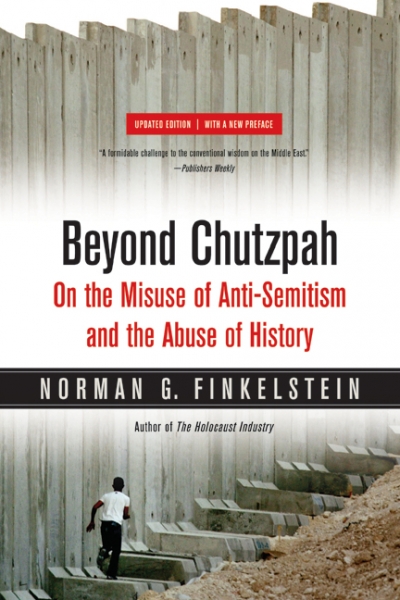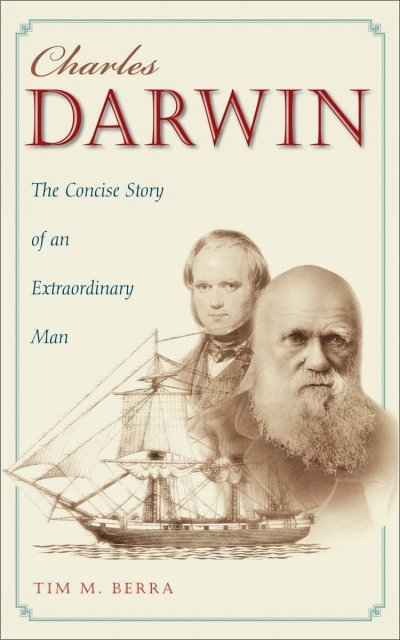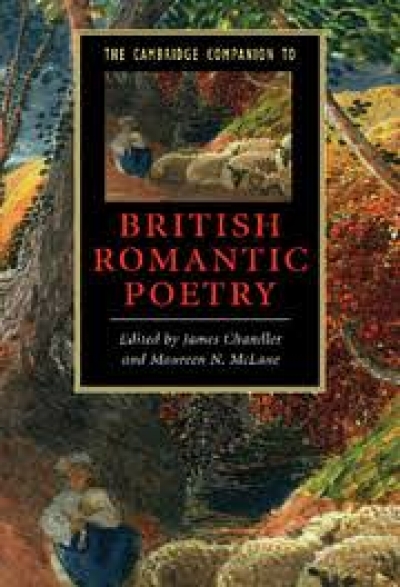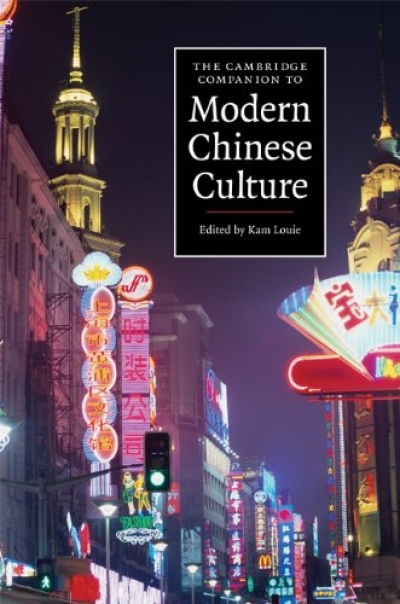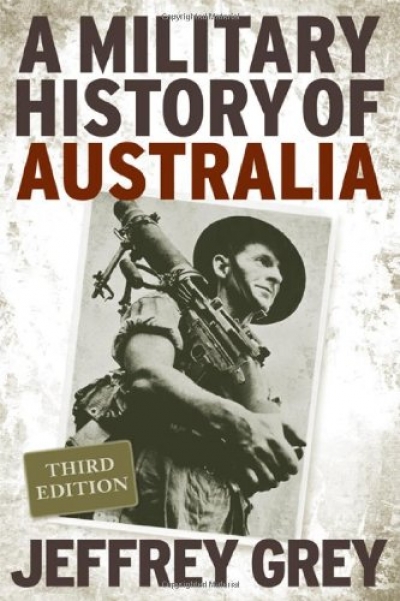CUP
Beyond Chutzpah by Norman G. Finkelstein & Israel’s Holocaust and the Politics of Nationhood by Idith Zertal
by Jonathan Pearlman •
Charles Darwin by Tim M. Berra & Darwin’s Armada by lain McCalman
by David Lumsden •
The Cambridge Companion to British Romantic Poetry by James Chandler and Maureen N. McLane
by Deirdre Coleman •
A Military History of Australia by Jeffrey Grey & Duty First by David Horner and Jean Bou
by Peter Edwards •
The Milošević Trial: Lessons for the conduct of complex international criminal proceedings by Gideon Boas
by James Upcher •
The Cambridge Companion to Emile Zola edited by Brian Nelson
by Françoise Grauby •
The Old Country: Australian landscapes, plants and people by George Seddon
by Richard Aitken •

